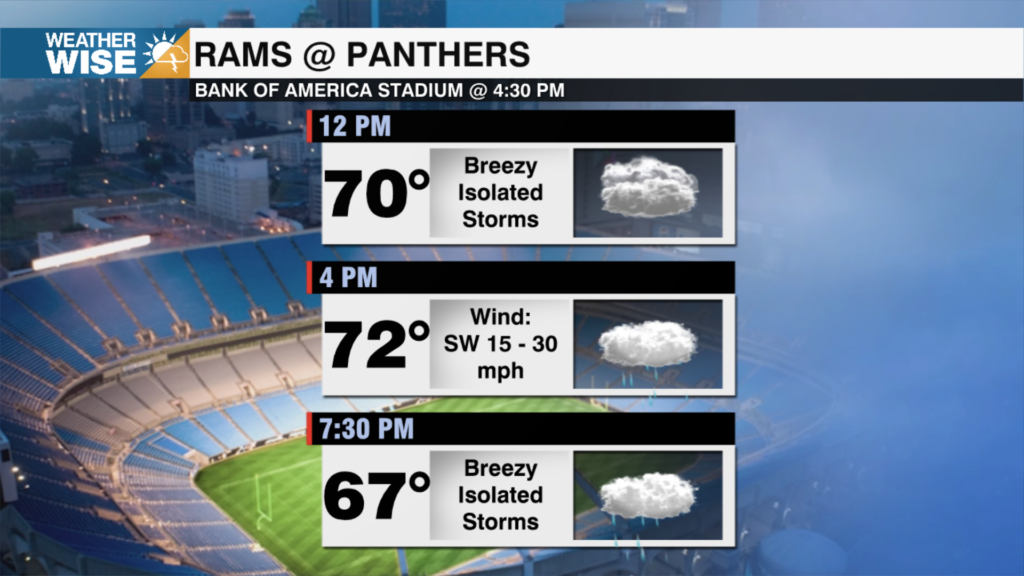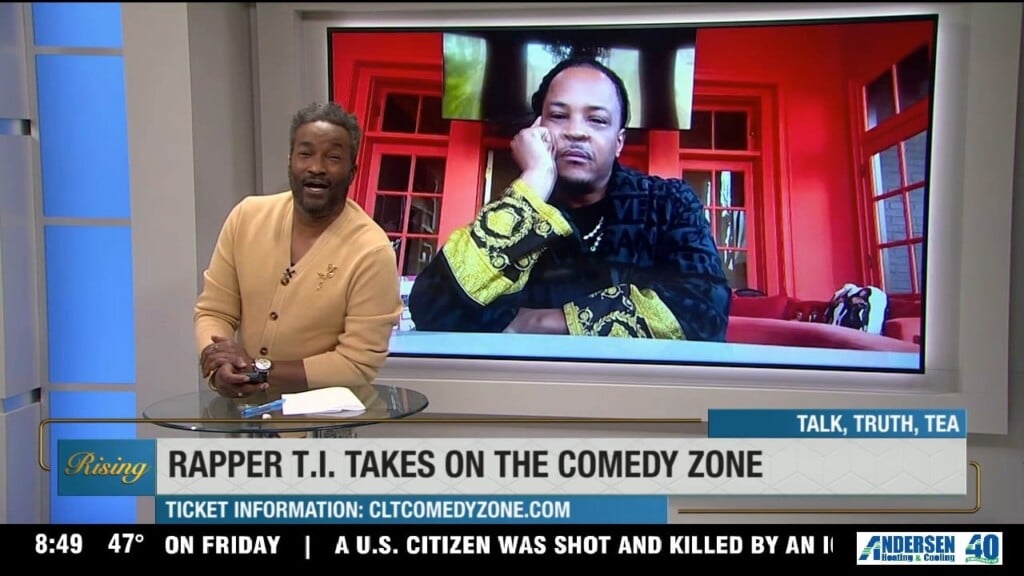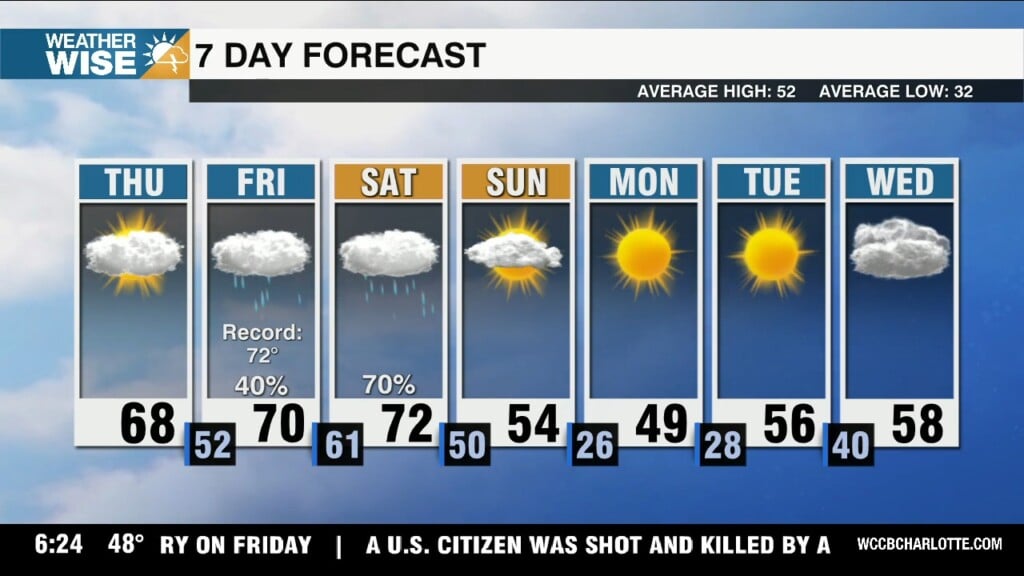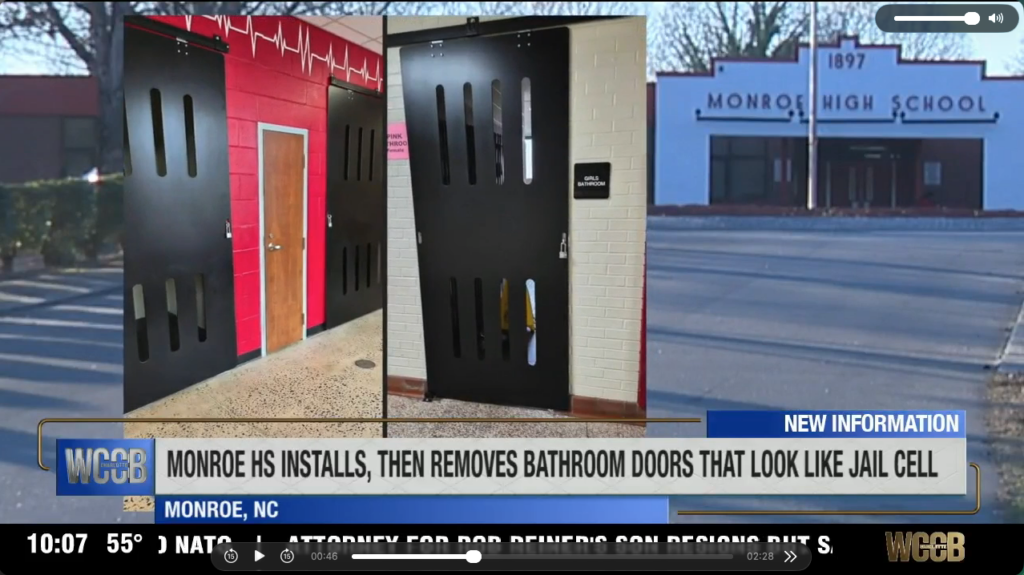Voters decide to increase sales tax to fund transportation
CHARLOTTE, N.C. – Charlotte voters have decided to pay more taxes to fund transportation improvements on rails, roads and buses.
“We need the roads and things fixed and if that 1% is going to help I’m okay with it,” West Charlotte voter Katina Bristol said. Each household would pay about $240 dollars more every year to create a pot of money for funding transportation projects. The first priority is the Red Line which would run North to South connecting Mooresville to Uptown Charlotte.
“With the way economic times are, I think we need to invest in the infrastructure of the city for everybody,” Perrin Williams, Uptown voter said. The current sales tax in Mecklenburg County sits at 7.25% which includes state, county and local taxes combined. The new tax rate sits at 8.25% which is now the highest in North Carolina. Some voters say now is not the time to fork over more funds.
“I have three teenagers. It’s already rough. I can’t make it more rougher. I can use that 240 and feed my kids. They could take that 240 from multi billion dollar businesses. They don’t need that from us sorry,” Jasmine Hair, West Charlotte voter said.
The campaign to pass the sales tax raised more than $1.4 million dollars with big donors like Atrium Health, Charlotte Hornets and the Panthers. Some voters want to see the city explore other options for funding transit.
“There’s a better solution to it. So, you know, I’m all for, you know, the transportation bill, it’s the way that the money is being raised that I was questioning,” Doug Childress Southwest Charlotte voter said.
Some voters say the tax is worth the return on the investment for better public transit and less congestion.
“I don’t want to be the guy that just sits in traffic and then complains about it. I want to say, hey, I don’t like this, but here’s a solution to make it better so let me support the solution,” Reese Shoesmith, Uptown voter said.
The tax would be split to fund 40% roads, 40% rails and 20% buses. Taxes would be applied to personal property, tickets to games and concerts, and items sold through vending machines. Taxes will not be applied to prescription drugs, groceries, and gas.




